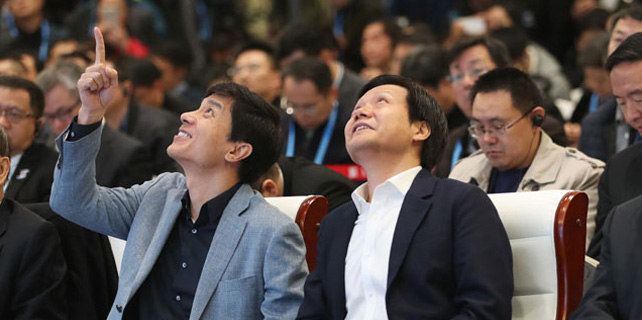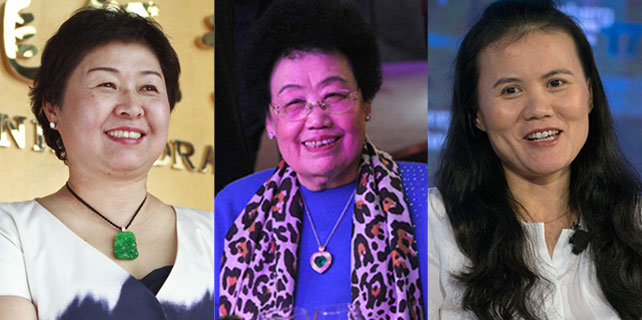Party-to-party talks for mutual benefit
The recent Communist Party of China in Dialogue with World Political Parties High-Level Meeting in Beijing, the first such dialogue between the CPC and political parties from across the world, was organized with some specific goals in mind.
First, the dialogue was aimed at creating the right atmosphere for, as its theme suggested, "Working together toward a community of shared future for mankind and a better world". Which shows the CPC intends to work with the political parties in other countries to build a global community of shared future for humankind.
The world faces unprecedented challenges. Protecting the environment and leading a better life are the common wish of people across the globe. And the Belt and Road Initiative will help build a community of shared fut,ure and achieve that common goal.
To promote the building of a community of shared future for humankind, the international community must unite all the positive factors around the world. And the political parties working together can help achieve that goal, as those that attended the dialogue promised to do so.
Second, the dialogue highlighted the noble mission the CPC has taken up. As Xi Jinping, general secretary of the CPC Central Committee, said in the keynote speech at the dialogue, the CPC is a party that not only seeks to make Chinese people's life better and happier, but also struggles for the cause of overall human progress.
Chairman Mao Zedong said China should make great contributions to humankind, and the CPC has been trying to live up to his expectations. To build a community of shared future for humankind with, among other things, the help of the Belt and Road Initiative, the CPC has to be resolute in its determination and steadfast in its decision. And the success of the party-to-party dialogue shows determination and decisiveness do help.
The CPC invited the representatives of the parties from other countries because China wants to create more opportunities for the world through its own development, and share its development experiences with other countries. But, as Xi said, China will neither "import" a foreign development model nor "export" its own development model to other countries.
Third, the dialogue, in the long run, will help achieve the Chinese Dream of national rejuvenation. The 19th CPC National Congress presented the blueprint for China's development from now to the middle of this century, highlighting the importance of building a community of shared future for humankind and realizing the Chinese Dream.
But if China's development itself is a big contribution to humankind, then China's rise as a power should be partly attributed to the favorable external environment and external support it got. And that China has used its peaceful rise to propose arrangements such as the Belt and Road Initiative came in for praise at the Beijing dialogue.
Fourth, the dialogue's aim was to promote the spirit of "peace and development". The Belt and Road Initiative and a community of shared future for humankind are logical consequences of the present era marked by the trend of peace and development - which, as China emphasizes, should be accompanied by the principles of cooperation and mutual benefit.
But, for China, maintaining peace is not equal to appeasing other countries, as it has no room for compromise when it comes to sovereignty. Also, promoting development does not mean donating for charity. Cooperation by definition has to be mutual. And win-win results can be achieved based on sincerity, rather than fraud. It is this kind of spirit that came in for praise at the Beijing dialogue.
Fifth, the dialogue highlighted the importance of the four principles of party-to-party relations - independence, complete equality, mutual respect and non-interference in the internal affairs of the other side - which are vital to promoting healthy communication among the parties across the world.
The author is a professor at the China Center for Contemporary World Studies.


















